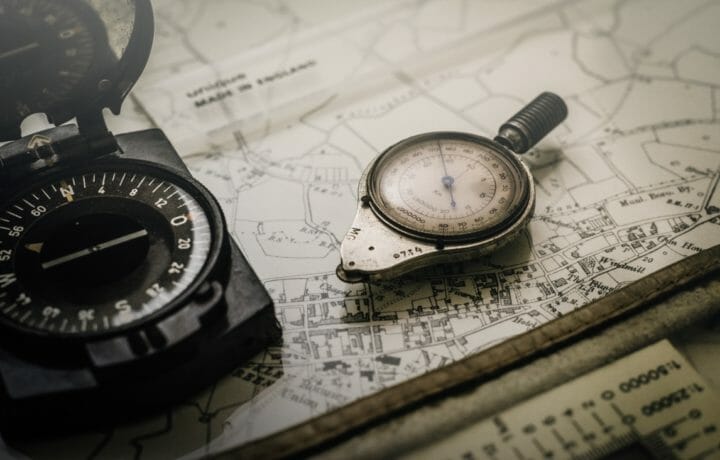Those of us who have carried clearances all our working lives have developed a second sense. We try to think, almost unconsciously, about what we say about our jobs. Wherever we are, we try to keep details about our work quiet and the consequences of what we might say always before our mind. We don’t ever speak without thinking.
Why? This is a simple question. Because we are privileged to know information that could harm our country if it were released. That bears repeating, and here’s why.
How Assets get compromised: Access and opportunity
In days of old, spies would secretly try to break into the safe to steal secrets. We know, for instance, that a hunting ground during World War II for secrets of the collaborationist French Vichy government was one of its secure buildings on Wyoming Street in Washington, D.C. Information about Nazi Germany could be stolen there, right in our own country. It was so important that the British organized effort after effort to do so.
As time went by, secrets could be mass produced and carried away by the sheaf. Jonathan Pollard did when he spied for the Israelis in the latter years of the Cold War. He’d collect vast piles of classified documents, stuff them in a briefcase, and carry them out the door in the latter years of the Cold War. He is, by the way, the only American jailed for espionage on behalf of an ally.
Nowadays, spies steal whole ‘libraries’ by walking through doors with thumb drives, or worse, stealing your secrets because they are not properly protected on your computer. They steal your information remotely, never entering your facility at all.
When Does Security Awareness Start?
I recall a fighter pilot telling me his philosophy about security. “I take off, fly to the target, drop my bombs, and get back to the O-club in time for cocktails. What else do I need to worry about?” Such a thought process is a godsend for adversaries.
He doesn’t think about security once he’s done with his job. For that matter, he thinks security begins when he takes off. This is because he doesn’t see his mission as holistic. His flight plans go somewhere. His getting to the airfield to fly can be telegraphed by the very clothes he wears. Once he’s back at base, by his own lights, he’s safe and sound. Just go to the O-club and revel in his mission and all he encountered, no? No. For national security workers, security awareness isn’t just an on-the-job issue. It’s always present.
One American embassy’s officials thought for dozens of years that the kind servant at the ambassador’s home was unable to speak beyond a few broken sentences in English. It turned out he was a Chinese communist spy. The damage he did to our relationships abroad was catastrophic. And he never broke into a safe, never stole a single sheet of classified information. He had a photographic memory, and his English was university level. He only heard conversations taking place in the comfort of home, but those were enough.
The message for clearance holders is to develop that second sense. Always be aware of what you are saying, where, and to whom. Do the walls really have ears? Yes. Be sure to have your secure facilities swept regularly…but not so regularly that the bad guys know when to turn off the little bugs they’ve placed in the walls. Think securely. Make it second nature to be cognizant of the many ways your opposition has to collect information.




